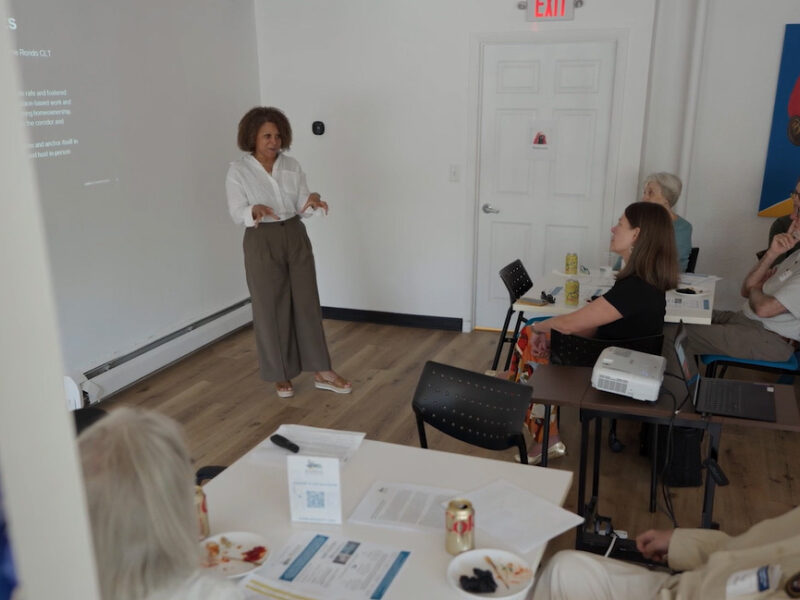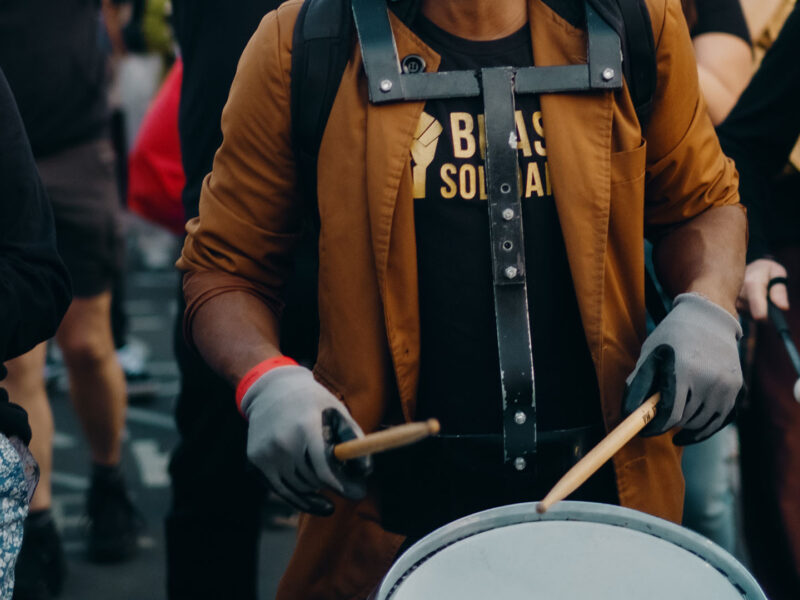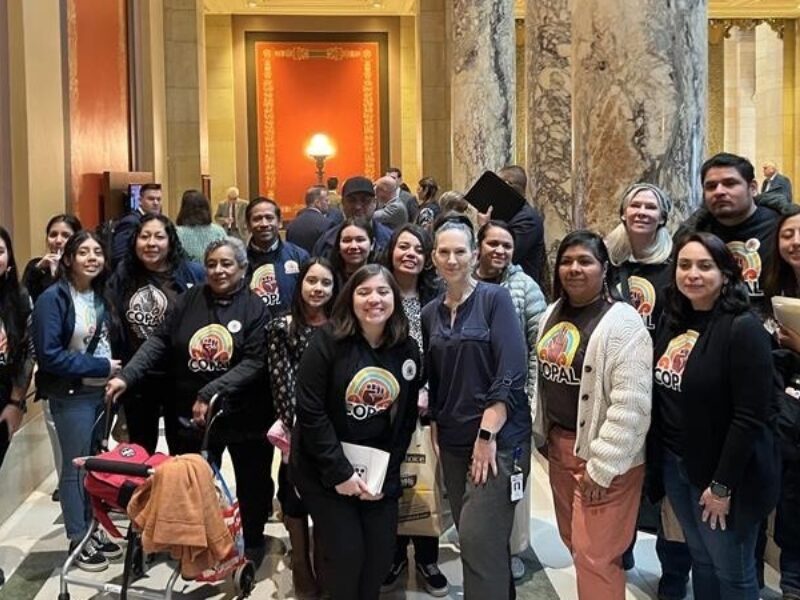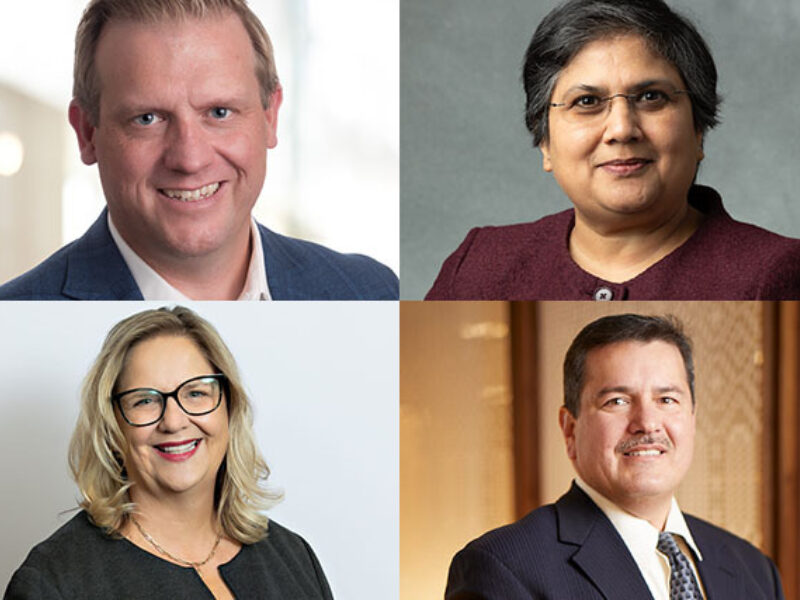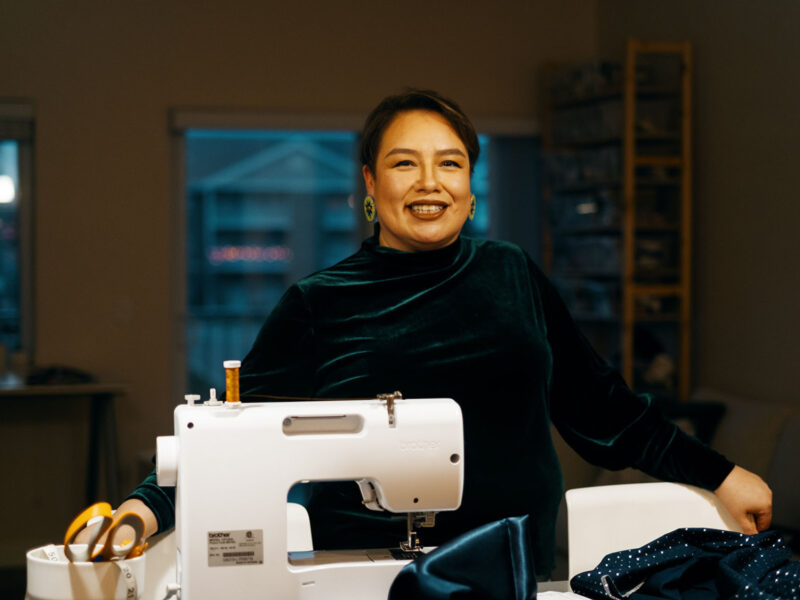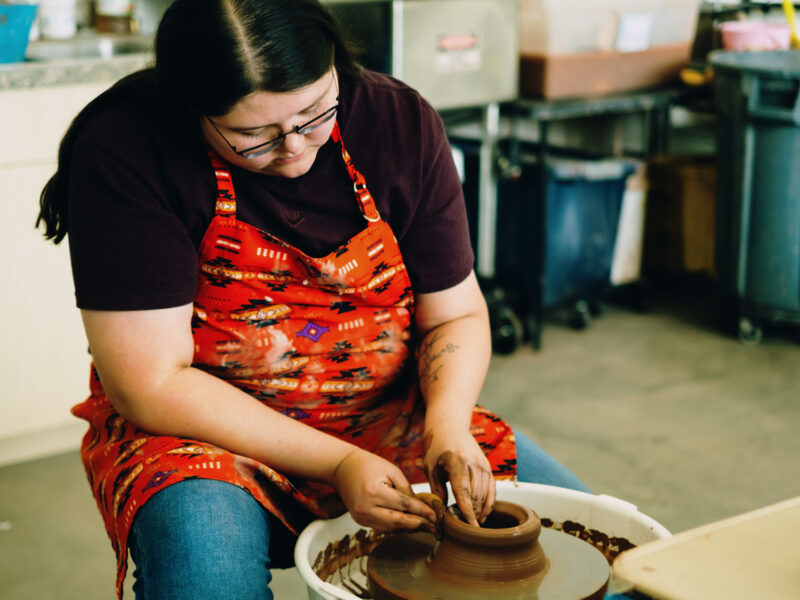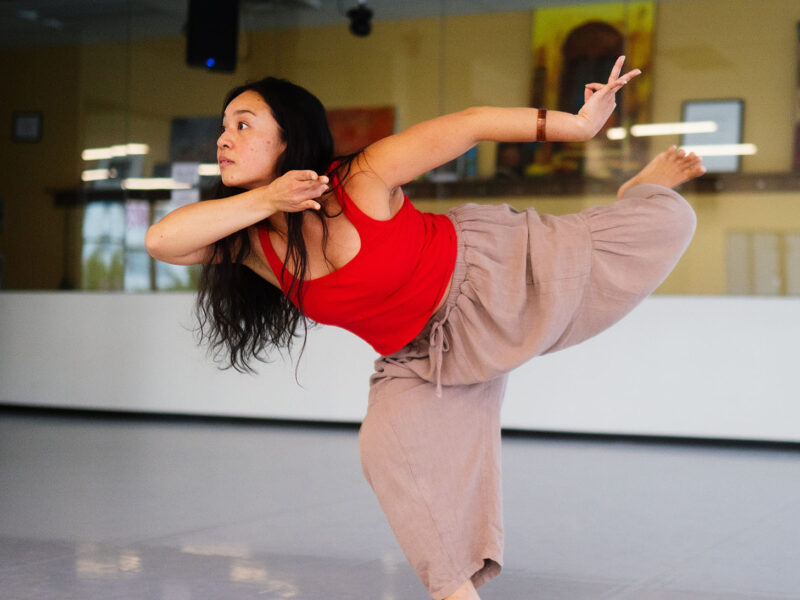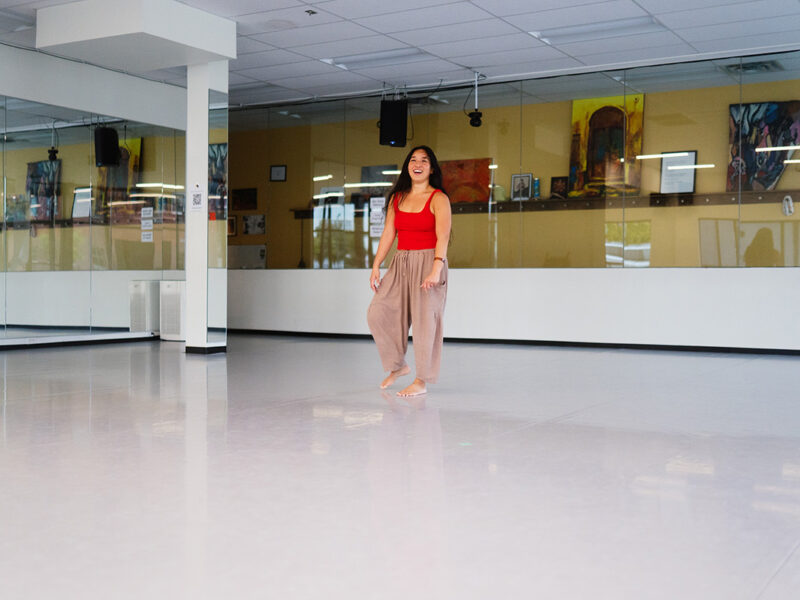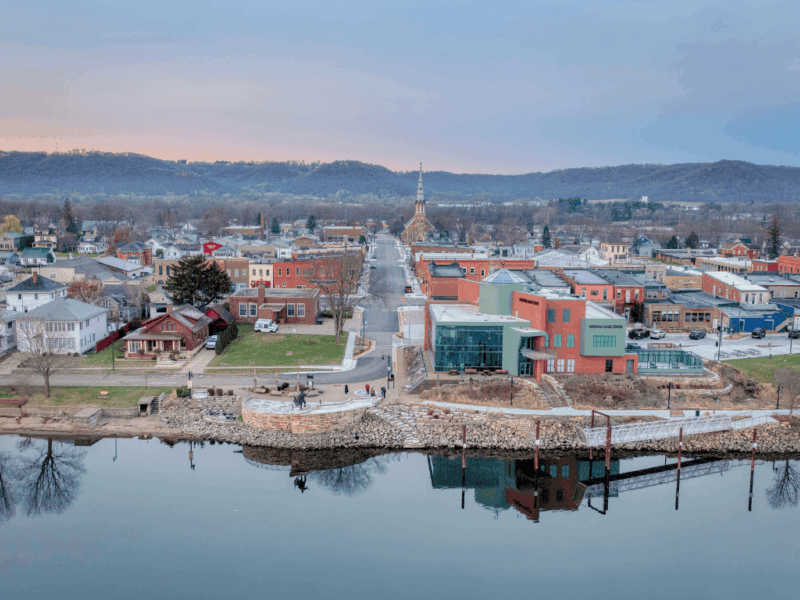Corner Conversations
Learn how soil scientist Randy Kolka is using environmental models to help predict the world’s future climates.
Imagine an ecosystem where you could see the direct impacts of climate change on our planet. A place full of silos exploring the effects varying temperatures have on water, soil and vegetation.
This is exactly what is happening at the Spruce Peatland Responses Under Changing Environments (SPRUCE) experiment. Since 1960, Marcell Experimental Forest at Chippewa National Forest has housed one of the largest expansive ecosystem experiments in the world looking at wetlands and peatlands.
“There wasn’t a good modeling environment that included these wetland ecosystems, although they’re really important from a climate change perspective because of the amount of carbon they store,” said Project/Team Leader and Research Soil Scientist at the Northern Research Station, Randall (Randy) Kolka, Ph.D. “We’re really helping feed these models that are going to help predict our future climates.”
The Marcell Experimental Forest located at the Northern Research Station is one of 80 experimental forests throughout the United States. Since it is a government entity, the forest cannot accept donations. Randy’s hope is that the Marcell Experimental Forest can leverage philanthropy in the future as a means of long-term support.
“I think it would be neat to have a mechanism by which we could help the long-term vitality of this place to make sure we have that long-term stable funding that will allow us to go another 63 years here and help out our grandchildren and their grandchildren in the future.”
Watch our fourth episode of Corner Conversations with Chris Garner to learn more about the Marcell Experimental Forest and the SPRUCE experiment.
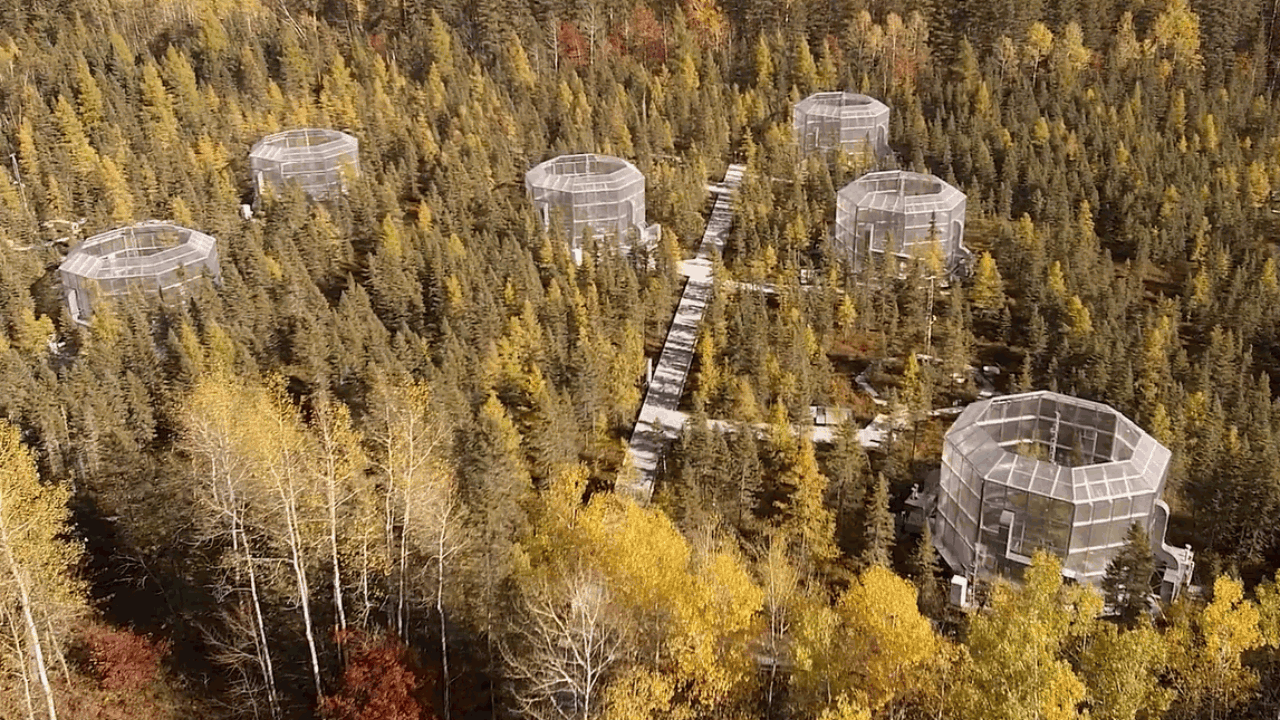
Inspired to Make a Difference?
Here are three ways you can slow down the effects of climate change:
Carpool, Walk or Bike. Instead of driving to work, consider carpooling with a coworker or taking public transportation. Try walking to your next local event and favorite restaurant or biking to the grocery store. These simple changes can cut down on the amount of greenhouse gases in the atmosphere
Reduce, Reuse, Recycle and Compost. Start using reusable materials such as fabric grocery bags, metal or glass water bottles and reusable straws or wooden cutlery versus the typical plastic items. Also, instead of throwing out eggshells, coffee grounds, rotten fruits, vegetables or scraps, consider composting. This can be a great way to reduce waste and nourish your soil when gardening.
Vote. To ensure climate change issues are made a priority, vote for legislation and politicians that are working to aid against the effects of climate change.
View More Corner Conversations
Corner Conversations feature individuals and nonprofits driving change in the East Metro and beyond by highlighting their work in connection to current topics and issues facing our communities and state.


